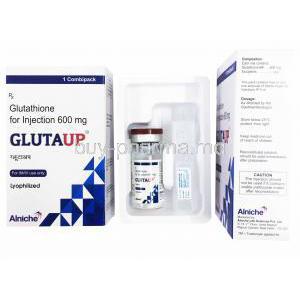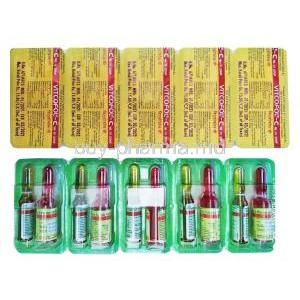Haemgrow Tabs
- Introduction to Haemgrow Tabs
- Composition and Ingredients of Haemgrow Tabs
- How Haemgrow Tabs Work in the Body
- Approved Uses and Indications of Haemgrow Tabs
- Off-Label Uses of Haemgrow Tabs
- Dosage and Administration of Haemgrow Tabs
- Side Effects of Haemgrow Tabs
- Drug Interactions and Contraindications
- Medications That May Interact with Haemgrow Tabs
- Antacids and Proton Pump Inhibitors
- Certain Antibiotics (Tetracyclines, Quinolones)
- Calcium Supplements and Dairy Products
- Blood Thinners and Anticoagulants
- Medical Conditions That Contraindicate Use
- Hemochromatosis and Iron Overload Disorders
- Severe Kidney or Liver Disease
- Active Peptic Ulcer Disease
- Warnings and Precautions When Using Haemgrow Tabs
- Special Considerations for Specific Populations
- Administration to Elderly Patients
- Adjusted Dosage Requirements
- Monitoring for Gastrointestinal Tolerance
- Administration to Pregnant Women and Nursing Mothers
- Importance of Iron Supplementation in Pregnancy
- Safety and Recommended Dosage
- Administration to Children
- Pediatric Dosage Guidelines
- Risk of Accidental Overdose in Children
- Overdose and Management of Toxicity
- Proper Storage and Handling of Haemgrow Tabs
Introduction to Haemgrow Tabs
Overview of Haemgrow Tabs
Haemgrow Tablets is an iron supplement created to help with iron deficiency and related blood disorders, using a form of iron that is easily absorbed and utilized by the body effectively. They play a role in enhancing hemoglobin production, which helps maintain health and balance in the body.
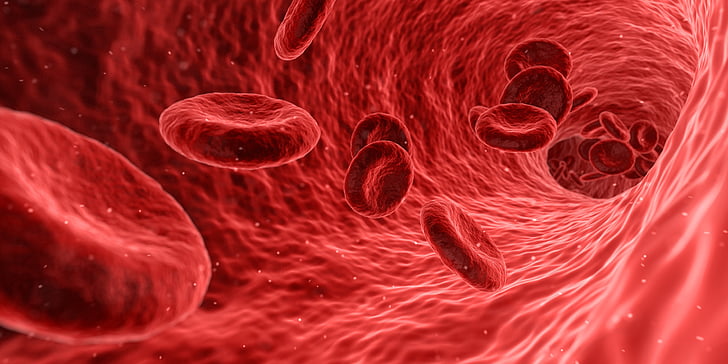
Purpose and Benefits of Haemgrow Tabs
The primary objective of Haemgrow Tabs is to replenish depleted iron levels and optimize erythropoiesis. Key benefits include:
- Restoration of iron levels in individuals with anemia
- Enhanced oxygen transport in the bloodstream
- Increased energy and reduced fatigue
- Support for cognitive function and immune response
Medical Conditions Treated with Haemgrow Tabs
Haemgrow Tabs are clinically indicated for a variety of conditions, including:
- Iron deficiency anemia
- Poor dietary intake of iron
- Chronic blood loss due to medical conditions
- Post-surgical recovery requiring increased iron supplementation
Composition and Ingredients of Haemgrow Tabs
Active Ingredients and Their Functions
Each tablet contains a meticulously balanced combination of iron salts and cofactors to maximize absorption. The primary active ingredients include:
- Ferrous sulfate: A highly absorbable form of iron essential for red blood cell production.
- Folic acid: Facilitates DNA synthesis and aids in erythropoiesis.
- Vitamin B12: Supports nerve health and enhances iron metabolism.

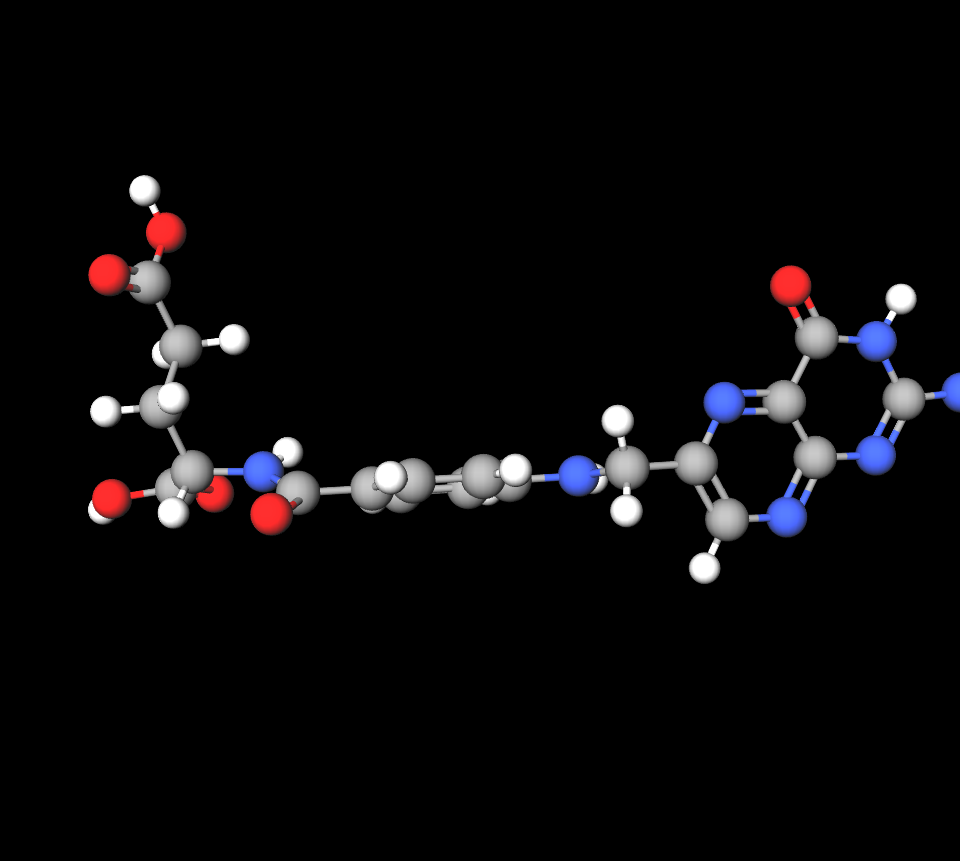
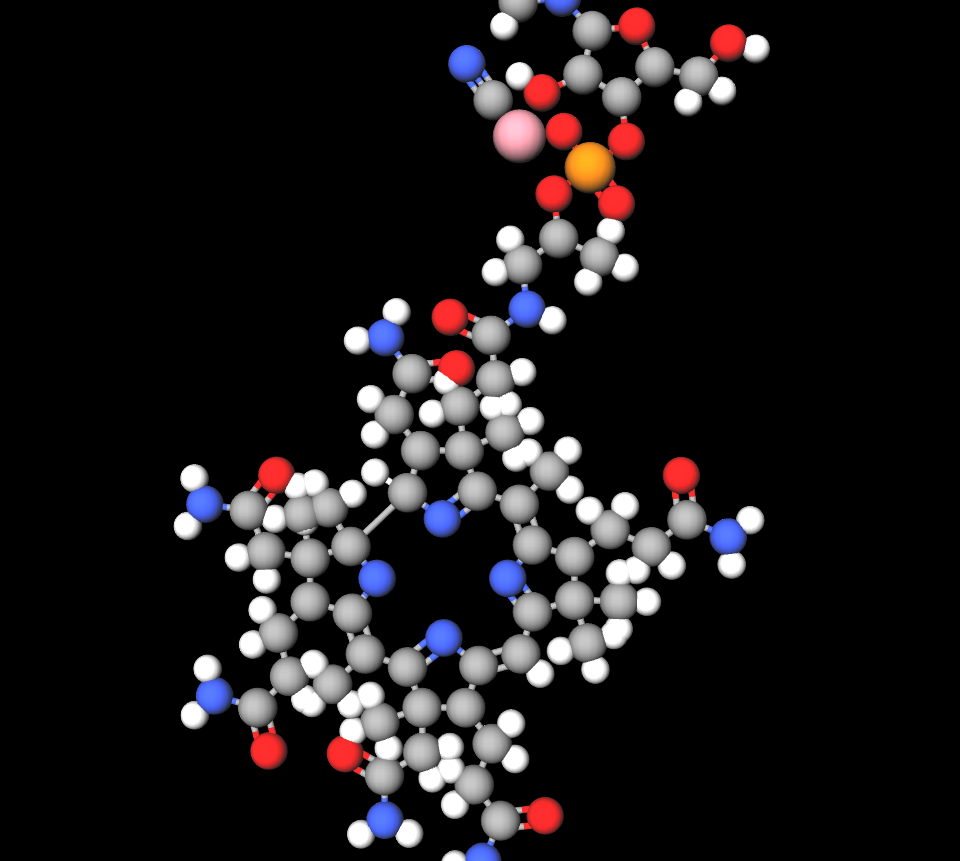
Additional Excipients and Their Role
Inactive components in Haemgrow Tabs serve as stabilizers, fillers, and absorption enhancers. These include:
- Microcrystalline cellulose: Ensures tablet integrity.
- Magnesium stearate: Acts as a lubricant for smooth ingestion.
- Silicon dioxide: Prevents moisture accumulation and maintains stability.
Comparison with Similar Supplements
When you compare Haemgrow Tabs to iron supplements, you'll find that they're easier on the stomach and better absorbed. Unlike fumarate found in supplements, the ferrous sulfate, in Haemgrow Tabs reduces constipation and helps your body absorb iron more efficiently.
Ferrous gluconate vs ferrous sulfate
Ferrous sulfate has a concentration of 20% when compared to ferrous gluconate, which is around 12%. This implies that a larger gluconate dose would be required to obtain the iron amount.
Iron bisglycinate vs ferrous sulfate
Iron bisglycinate is often seen as an option to sulfate for iron supplements since it is easier for the body to absorb and tends to cause fewer stomach-related issues.
Ferrous fumarate vs ferrous sulfate
Ferrous fumarate includes 90 mg of iron, while ferrous sulfate contains around 60 mg of elemental iron; both are commonly employed to manage and prevent iron deficiency anemia.
Elemental iron vs ferrous sulfate
The quantity of iron in a compound is referred to as iron; meanwhile, ferrous sulfate is an iron compound that includes elemental iron. Both are commonly utilized in the treatment of iron deficiency and anemia.
Carbonyl iron vs ferrous sulfate
Ferrous sulfate is known as one of the used iron salt supplements and has approximately 20 percent elemental iron content. In contrast, carbonyl iron has a concentration of iron, at 98 percent elemental iron by weight.
Methylfolate vs folic acid
Natural methylfolate and synthetic folic acid differ in their origins and properties (Scaglione and Panzavolta 2014). One key benefit of methylfolate is its absorption rate and resilience to metabolic challenges.
Folinic acid vs folic acid
One active form of the vitamin group called folates is acid (5 formyl tetrahydrofolate). Unlike folic acid, which's a form of folate folinic acid is a naturally occurring form of folate present, in foods.
Vitamin b12 vs b complex
Vitamin B12 stands alone as a vitamin, whereas the vitamin B complex comprises eight B vitamins together as a group. Both of these are vitamins that dissolve in water and play a role in supporting the body's functioning.
Methotrexate and folic acid
Taking acid can safeguard the well-being of your body's cells. Alleviate certain side effects associated with methotrexate potentially reducing the chances of experiencing nausea or diarrhea.
How Haemgrow Tabs Work in the Body
Mechanism of Action
Iron found in Haemgrow Tablets gets absorbed in the upper jejunum before binding to transferrin for distribution throughout the body. Subsequently transported to the bone marrow area where its essential function involves aiding in the creation of blood cells.
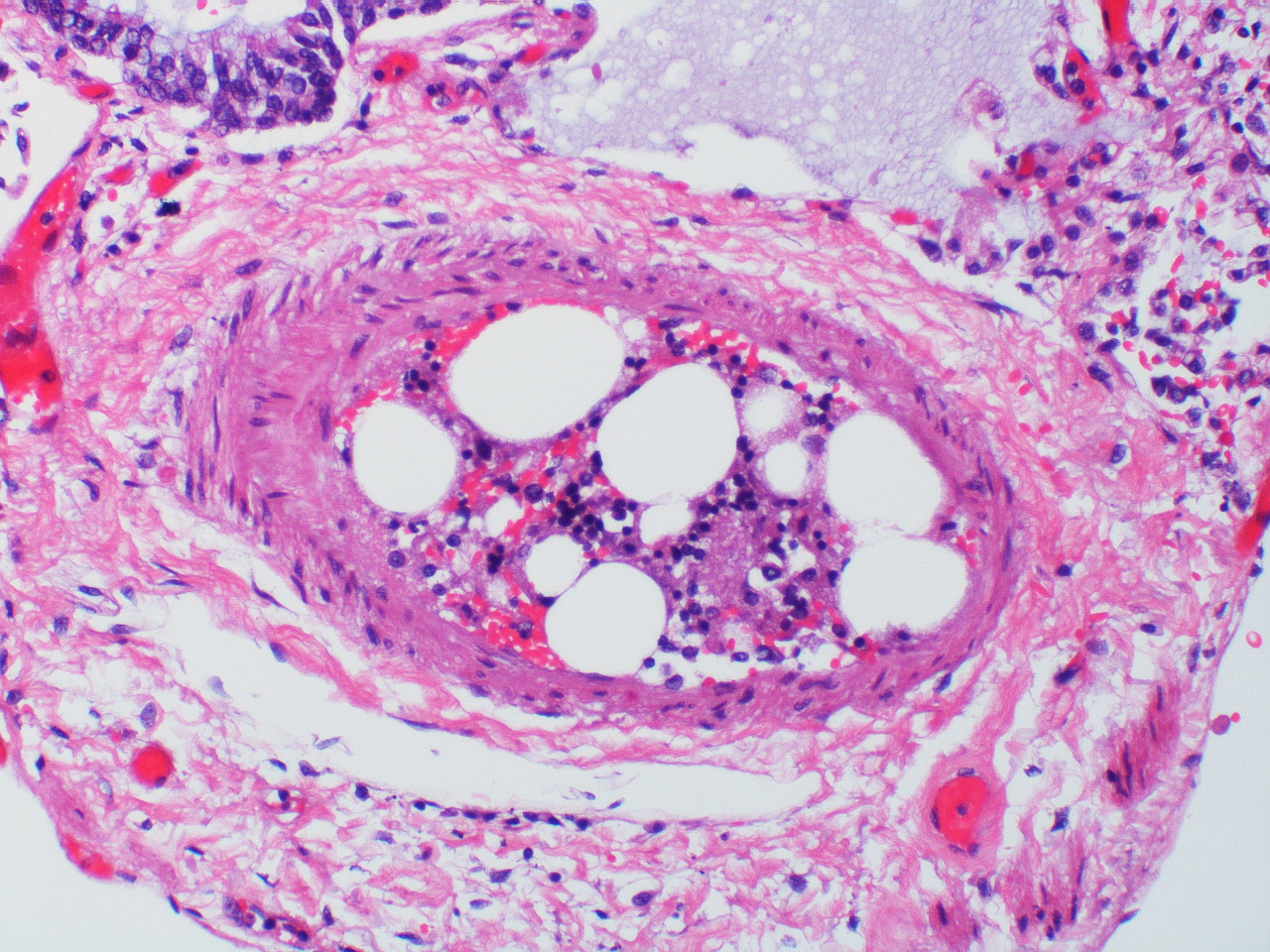
Role in Red Blood Cell Production
These tablets provide the iron to maintain a hemoglobin level so that red blood cells can effectively carry oxygen throughout the body and support stable metabolism.
Impact on Iron Absorption and Utilization
Several factors affect absorption, such as stomach acidity, and the type of food consumed affects how well nutrients are absorbed in the body; for example, taking vitamin C with a meal helps absorption. Eating foods in calcium can hinder it.
Approved Uses and Indications of Haemgrow Tabs
Treatment of Iron Deficiency Anemia
Management of Nutritional Deficiencies
These pills offer micronutrients for people who don't get nutrition from their diet to keep their bodies working well.
Use in Preoperative and Postoperative Recovery
Support in Chronic Disease-Related Anemia
Conditions like kidney disease and inflammatory disorders can reduce the body's iron reserves. Haemgrow Tablets can help keep iron levels in people dealing with these issues.
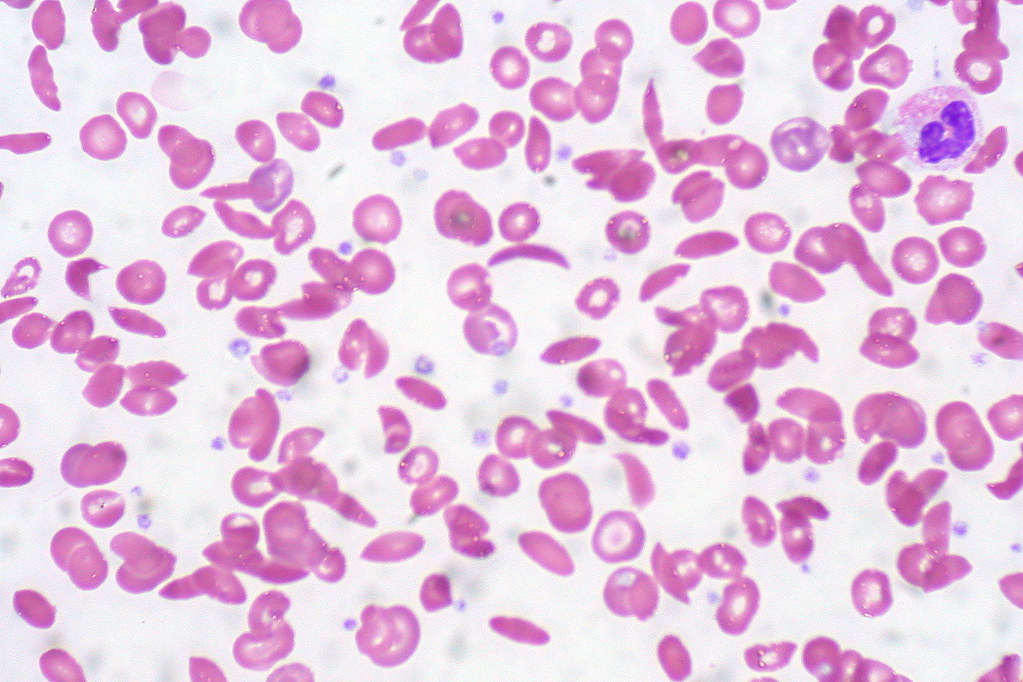
Off-Label Uses of Haemgrow Tabs
Performance Enhancement in Athletes
Use in Patients with Chronic Fatigue Syndrome
Chronic fatigue has been associated with levels of iron, in the body. Using Haemgrow Tabs could potentially alleviate symptoms by improving the transport of oxygen and energy metabolism in the system.
Supportive Therapy for Hair Loss and Skin Health
Role in Boosting Immunity
Iron plays a role in supporting the system by aiding in the production of white blood cells and enhancing antimicrobial activity.
Dosage and Administration of Haemgrow Tabs
Standard Recommended Dosage
The typical adult dosage ranges from one to two tablets daily, taken with or without food.
Administration Guidelines for Maximum Absorption
- Best absorbed on an empty stomach.
- Avoid taking with calcium-rich foods.
- Pair with vitamin C for enhanced absorption.
Dosage Adjustments for Specific Conditions
Higher doses may be required for severe anemia, while maintenance therapy involves lower doses to sustain iron levels.
Missed Dose Instructions
If you forget to take a dose of medication at the time and it's not too close, to the dose time, on the schedule – go ahead and take it then; just avoid taking two doses too close together as its not advised.
Side Effects of Haemgrow Tabs
Common Side Effects
- Nausea and Vomiting: Often occurs if taken on an empty stomach.
- Constipation or Diarrhea: Gastrointestinal disturbances are common but manageable.
- Abdominal Discomfort: Mild bloating or cramping may occur initially.
- Metallic Taste in Mouth: A transient taste alteration is occasionally reported.
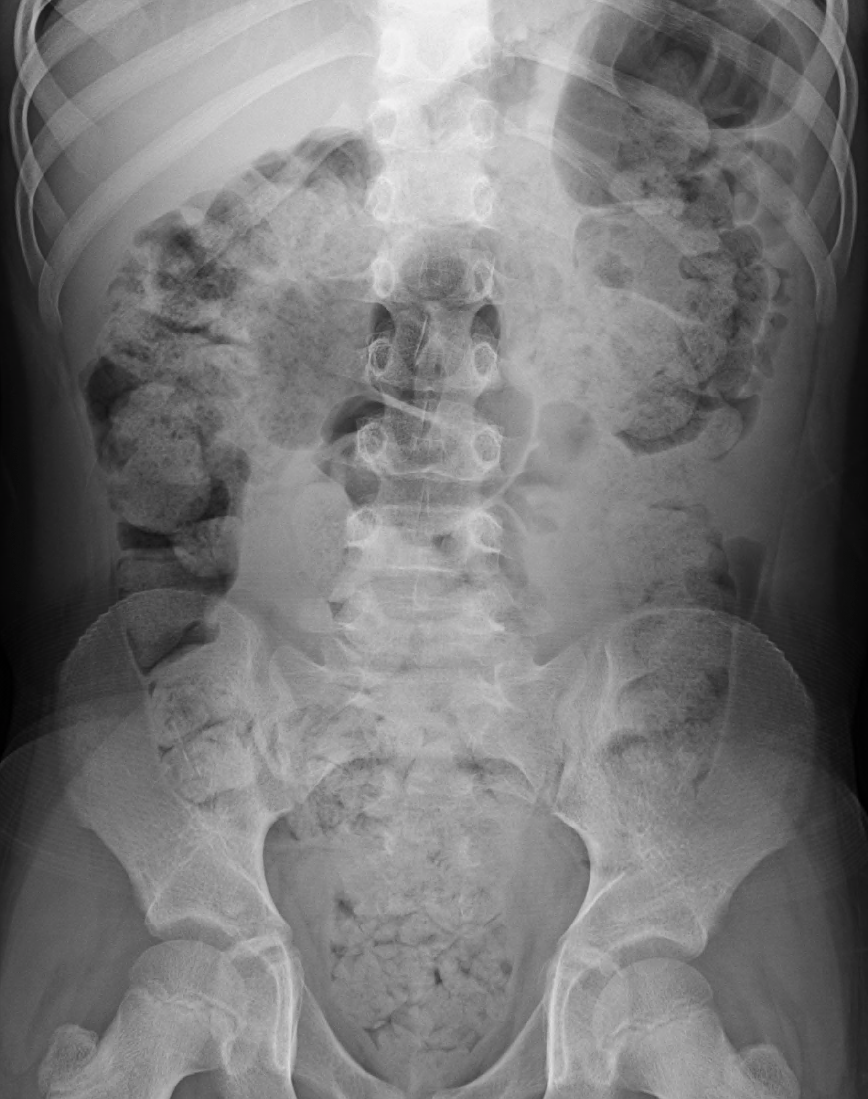
Rare but Serious Side Effects
Severe Allergic Reactions
Although uncommon occurrences, hypersensitivity responses may appear in the form of skin rashes, breathing challenges, or swelling of body parts.

Gastrointestinal Bleeding
Organ Toxicity in High Doses
An excessive buildup of iron in the body can lead to liver or heart problems that may require treatment.
Long-Term Side Effects and Considerations
Continuous intake of iron supplements necessitates checks on ferritin levels to avoid any effects on the body’s cells and oxidative stress in people with sufficient iron reserves.
Drug Interactions and Contraindications
Medications That May Interact with Haemgrow Tabs
Haemgrow Tablets include iron, which may greatly impact how different medications are absorbed and metabolized in the body. It is important to be aware of these interactions to prevent any effects and maintain the effectiveness of treatments.
Antacids and Proton Pump Inhibitors
When you take antacids or proton pump inhibitors (PPIs), it can lower the acidity in your stomach. Make it harder for your body to absorb iron properly because iron needs an environment to dissolve well in your stomach. To make sure you get the most out of your iron supplements and medications, like omeprazole or aluminum hydroxide that reduce stomach acid levels much interfere with iron absorption; it's best to take them least two hours apart, from each other.
Certain Antibiotics (Tetracyclines, Quinolones)
When iron combines with substances like doxycycline and ciprofloxacin, it creates compounds that can interfere with absorption in the body. This could potentially decrease the effectiveness of both iron and antibiotics; hence, taking them three to four hours apart is advisable to ensure optimal absorption and efficacy of both medications.
Calcium Supplements and Dairy Products
Calcium and iron both vie for absorption in the system; it's best to steer off consuming dairy products or calcium-fortified foods along with supplements within a two-hour window of iron intake to maximize iron absorption.
Blood Thinners and Anticoagulants
Taking iron supplements can impact blood clotting processes. It may increase the risk when taken with medications, like warfarin, that prevent blood clots from forming properly .
Medical Conditions That Contraindicate Use
Hemochromatosis and Iron Overload Disorders
People who have hemochromatosis or secondary iron overload should steer clear of Haemgrow Tabs due to the risk of iron buildup that could harm organs like the liver and pancreas.
Severe Kidney or Liver Disease
Impairment in the kidneys can lower the excretion of iron, leading to a chance of toxicity occurring as a result of increased iron levels in the body tissues. Potentially causing harm to organs due to disrupted iron metabolism caused by liver issues.
Active Peptic Ulcer Disease
Taking iron supplements may cause irritation to the stomach lining. Worsen any ulcers that are already present in the body. Individuals who have had ulcer disease in the past should seek advice from a doctor before taking Haemgrow Tabs.
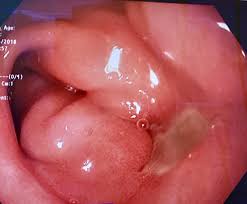
Warnings and Precautions When Using Haemgrow Tabs
Risk of Iron Toxicity and Overload
Consuming iron can cause harm by triggering oxidative stress and harming tissues and organs in the body. It's crucial for individuals to follow the recommended dosage carefully to avoid overwhelming their system with iron.
Proper Handling and Administration to Minimize Side Effects
When you take iron supplements without eating, it helps your body absorb them better. It might lead to stomach issues, too. To avoid any problems and keep the iron working well you can take the supplements with a meal.
Precautions for Individuals with Gastrointestinal Disorders
Individuals diagnosed with bowel disease (IBDs Like Crohn's Disease or Ulcerative Colitis), well as those suffering from irritable bowel syndrome (IBS), need to be careful when considering iron supplements due to the potential of worsening symptoms like bloating and constipation.
Special Considerations for Specific Populations
Administration to Elderly Patients
Adjusted Dosage Requirements
Elderly individuals might experience changes in how their bodies process iron and have stomach acid levels that can impact the absorption levels of medications taken orally. Other strategies could involve adjusting the dosage to manage stomach discomfort while still ensuring effectiveness.
Monitoring for Gastrointestinal Tolerance
It's important to check for symptoms like feeling constipation and dark stools to make sure the treatment is proper and help people stick to it better.
Administration to Pregnant Women and Nursing Mothers
Importance of Iron Supplementation in Pregnancy
During pregnancy, the need for iron rises as the baby grows and the mother's blood volume expands. Taking Haemgrow Tabs can help prevent iron deficiency anemia lowering the chances of preterm delivery and low birth weight.
Safety and Recommended Dosage
Pregnant women are often advised to consume more nutrients than those who are not expecting a baby to support their health and the development of the fetus; nonetheless, it is important to be mindful of not taking in much iron to avoid potential issues, like oxidative stress and digestive problems.
Administration to Children
Pediatric Dosage Guidelines
Kids who lack iron need amounts based on how much they weigh, and it's often easier to give them liquid iron or special doses made for children to help with taking it.

Risk of Accidental Overdose in Children
Iron poisoning stands out as one of the reasons, behind poisonings in kids. Haemgrow Tabs should be kept safe and out of reach to avoid consumption that could result in overall toxicity concerns.
Ferrous sulfate nursing considerations
Watch out for any signs of reactions or potential harm to the body system. Remember that stomach-related discomfort might be linked to the dosage amount used. Pay attention to bowel movements and keep an eye out for any signs of constipation.
Overdose and Management of Toxicity
Symptoms of Iron Overdose
Severe Abdominal Pain
Excessive intake of iron can lead to stomach discomfort, with abdominal pain and cramps commonly experienced as symptoms.
Vomiting and Bloody Stools
Signs of toxicity may manifest as feelings of nausea and vomiting accompanied by bleeding characterized by the presence of tarry stools or vomiting blood (hematemesis).
Organ Damage in Extreme Cases
Having much iron stored in the liver, heart, and pancreas can cause issues like liver failure, irregular heartbeats, and metabolic acidosis.
Immediate Steps for Overdose Management
Gastric Lavage and Chelation Therapy
When someone takes iron at once and needs immediate treatment to get rid of it from their body quickly and effectively, doctors may use a method known as gastric lavage to clear out any iron that hasn't been absorbed. To help the body iron efficiently, the preferred treatment option is chelation therapy using deferoxamine.
Supportive Care for Organ Function
It is crucial to watch and maintain the functioning of the heart, liver, and kidneys during poisoning incidents. Providing fluids through IV and managing symptoms are factors that help the patient recover.
Proper Storage and Handling of Haemgrow Tabs
Recommended Storage Conditions
Temperature and Humidity Considerations
Remember to keep your Haemgrow Tablets in a dry area to avoid them losing their effectiveness due to exposure, temperatures, and humidity levels.
Protection from Light and Moisture
Being exposed to light may cause the tablets to lose their effectiveness due to oxidation; hence, it is advised to keep them in their packaging to reduce any environmental impact.
Handling Precautions to Prevent Contamination
Safe Dispensing Practices
Make sure your hands are clean and dry before touching tablets to avoid them breaking down soon due to moisture exposure.
Keeping Out of Reach of Children
To prevent ingestion and overdose risks, with Haemgrow Tabs, it's important to store them out of children and ideally in a child-resistant container.
Haemgrow Tabs FAQ
- What is the use of Hemogrow tablet?
- What is the ferrous sulfate used for?
- Is it okay to take ferrous sulfate everyday?
- Is ferrous sulfate for pregnant only?
- When should I take ferrous sulfate morning or night?
- What are the benefits of using ferrous?
- Can I eat a banana with my iron pill?
- What is the bad side effect of ferrous sulfate?
- Can ferrous help to get pregnant?
- How to know if ferrous sulfate is working?
- Who cannot take ferrous sulfate?
- What are the benefits of taking ferrous sulfate?
- Is ferrous good for menstruation?
- What are the side effects of ferrous sulfate?
- What is folic acid used for?
- Is it good to take folic acid Everyday?
- What does folic acid do in pregnancy?
- Can folic acid help to get pregnant?
- Who needs folic acid?
- What happens when your body needs folic acid?
- Is folic acid good for skin?
- What happens to your body when you start taking folic acid?
- Can folic acid delay your period?
- What is vitamins B12 good for?
- What are the sources of vitamin B12?
- Can too much B12 damage kidneys?
- What medications cannot be taken with B12?
What is the use of Hemogrow tablet?
Haemgrow Tablet is prescribed for the treatment of iron deficiency and the resulting anemia that occurs when the body lacks blood cells due to low levels of iron content in the system; it includes Ferrous Ascorbate along with Folic acid and Zinc in its formulation.
What is the ferrous sulfate used for?
Ferrous sulfate is commonly utilized to address or prevent iron levels in the bloodstream, aiding in the treatment and prevention of iron deficiency anemia.
Is it okay to take ferrous sulfate everyday?
Yes
Is ferrous sulfate for pregnant only?
Ferrous sulfate is a type of iron supplement that is commonly used to address iron levels in the blood, which can occur in conditions like anemia or during pregnancy. Iron plays a role as a mineral essential, for the production of blood cells and overall well being.
When should I take ferrous sulfate morning or night?
When ferrous sulfate is prescribed for anemia treatment, it is typically administered two or three times daily. Twice a day means taking it morning and evening. Ideally the doses should be spaced, about 10–12 hours apart such as, around 7 8 am and 7 8 pm.
What are the benefits of using ferrous?
Ferrous sulfate is a form of iron supplement that may aid in preventing or treating iron deficiency anemia.
Can I eat a banana with my iron pill?
Taking iron and folate supplements along with bananas can help boost hemoglobin levels and lessen the likelihood of experiencing nausea, vomiting, or constipation.
What is the bad side effect of ferrous sulfate?
Side effects of taking supplements are quite common. The reported side effects include different forms of stomach discomfort, such as feeling queasy or nauseous and experiencing diarrhea or vomiting. Additionally, people may also face pain as well as constipation and notice dark or discolored stools.
Can ferrous help to get pregnant?
There is no proof that ferrous sulfate has any impact on the fertility of men or women.
How to know if ferrous sulfate is working?
The reliable method is to undergo a blood test for confirmation purposes. Physicians can oversee the administration of iron supplements to assess their effectiveness. They can also assist individuals, in managing side effects and identifying the root cause of anemia.
Who cannot take ferrous sulfate?
If you have a health issue impacting your blood cells, like sickle cell anemia or thalassemia; if you have a stomach ulcer; if you underwent stomach surgery partially or entirely; if you face stomach/bowel issues such as bowel disease; if you undergo frequent blood transfusions; if you observe blood in your urine.
What are the benefits of taking ferrous sulfate?
Ferrous sulfate (. Sulphate) is a form of iron commonly utilized as a medication for managing and averting iron deficiency anemia by aiding the body in producing red blood cells that transport oxygen throughout the body.
Is ferrous good for menstruation?
Taking iron supplements daily can boost hemoglobin levels and iron reserves in women who menstruate, lowering the chances of anemia and iron deficiency.
What are the side effects of ferrous sulfate?
If you're feeling nauseous or experiencing vomiting symptoms when taking supplements and want to avoid stomach upset or heartburn issues, try taking it with food or a light snack recommended by your healthcare provider to alleviate any discomfort caused by digestive problems that may arise, such as loss of appetite constipation diarrhea or changes, in stool color to a darker shade, than usual.
What is folic acid used for?
Vitamin B9 supports the production of blood cells and can be sourced from specific foods in our diet plan or, through dietary supplements like folic acid to address or prevent low folate levels leading to anemia condition while also aiding in the proper growth of your baby's brain and spinal cord during pregnancy to prevent neural tube defects, like spina bifida.
Is it good to take folic acid Everyday?
Yes
What does folic acid do in pregnancy?
This can aid in the development of your baby's brain and spine.
Can folic acid help to get pregnant?
No
Who needs folic acid?
Folic acid is a type of folate, which is a B vitamin, for generating new cells in the body. It recommended that all women who could get pregnant should take 400 mcg of folic acid daily. Taking 400 micrograms of folic acid each day may lower the risk of neural tube defects or any kind of birth defects.
What happens when your body needs folic acid?
Feeling extremely fatigued low, on energy, experiencing tingling sensations, and having a tender and inflamed tongue.
Is folic acid good for skin?
Increasing your skin's hydration folic acid maintains the skin barrier function, aiding in locking moisture and preventing signs.
What happens to your body when you start taking folic acid?
Working in conjunction with vitamins B-6 and B-12, folic acid helps regulate levels in the bloodstream.
Can folic acid delay your period?
No
What is vitamins B12 good for?
Essential for forming blood cells and DNA production, well as supporting nerve function and cell metabolism, is Vitamin B12 (cobalamin).
What are the sources of vitamin B12?
Foods like fish, meat, eggs, and dairy products contain Vitamin B12 sourced from animals.
Can too much B12 damage kidneys?
Usually, when you consume vitamin B12, it leaves your body through urine and isn't usually a problem for toxicity levels. The research shows that individuals, with diabetes related kidney problems might face kidney damage if they consume amounts of vitamin B supplements.
What medications cannot be taken with B12?
Certain medications, such as colchicine and chloramphenicol, can affect the body's absorption and utilization of vitamin B12 (cobalamin). The chronic use of drugs, like ethanol and histamine 22 receptor antagonists ( H 22RA) metformin and proton pump inhibitors (PPI ) is also linked to this issue.






